AS the nation’s memory gropes backwards over the travails that have beset the Royal Family in the past year, it can comfort itself with one solar myth, one solid bond in the bank of our collective future.
The Duke and Duchess of Cambridge, whose marriage we celebrated in the tumbling April sun ten years ago on Thursday, have turned up trumps.
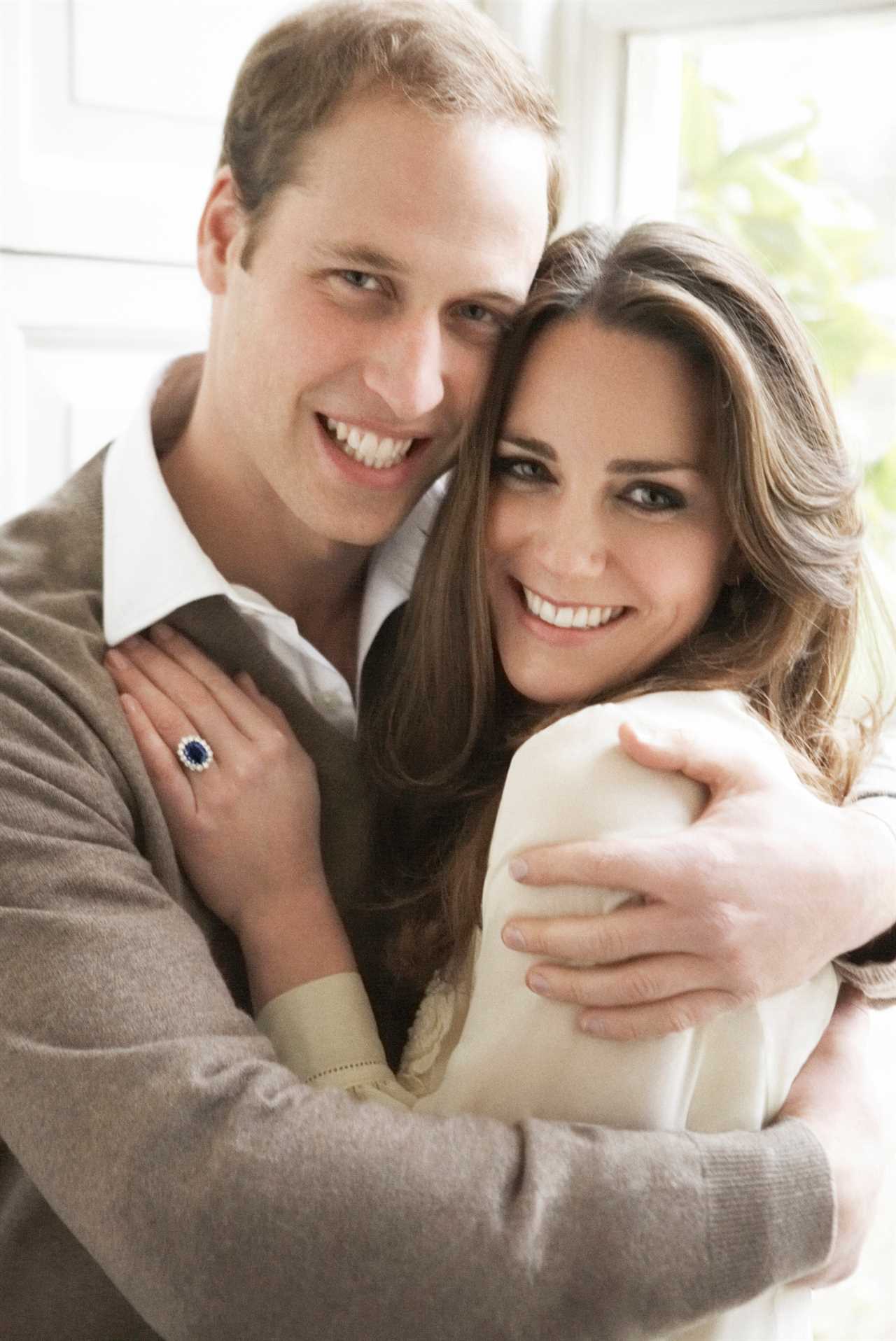
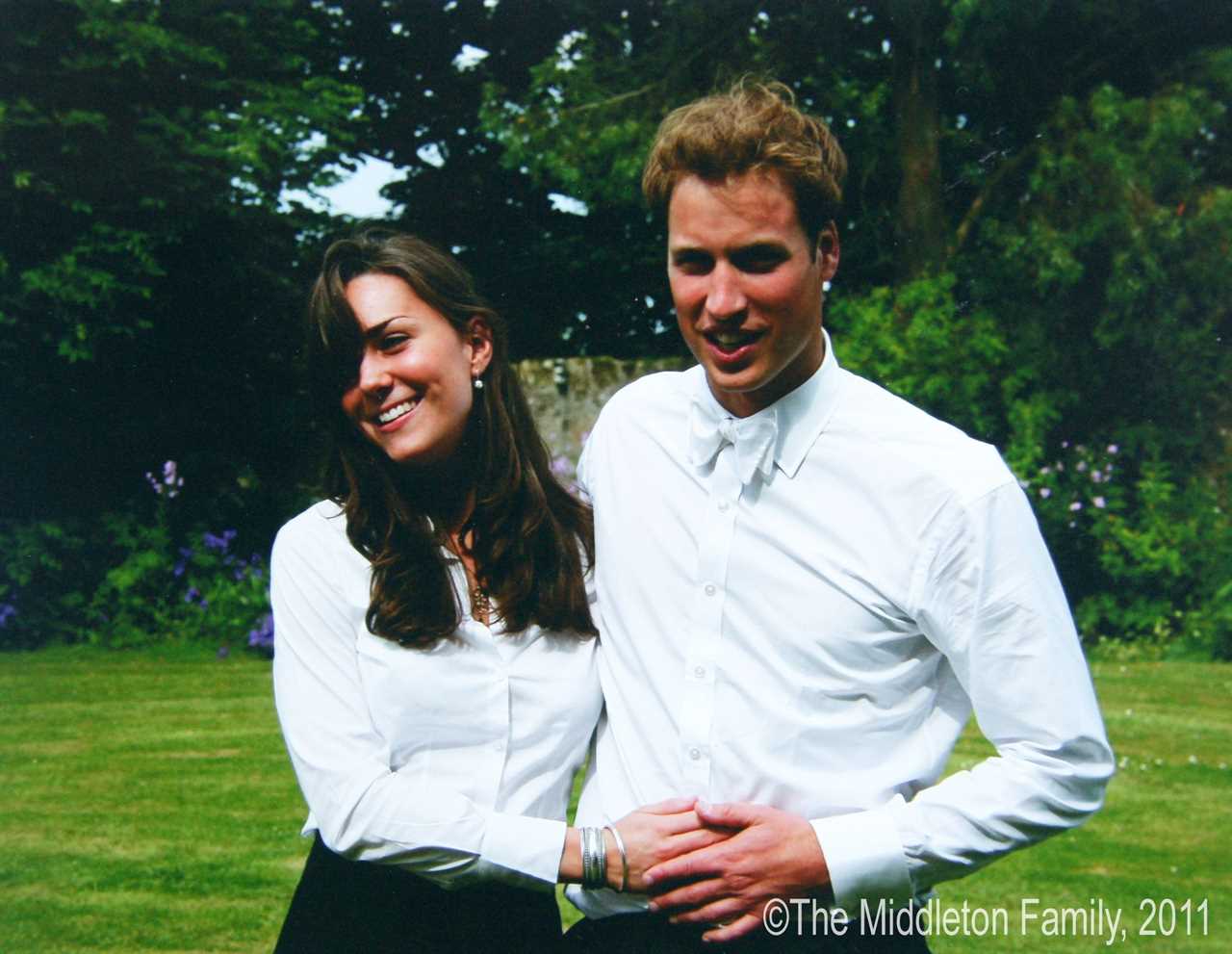
Amid the noisy departure of The Unhappy Prince and his Duchess, and the passing from this life of the stalwart Duke of Edinburgh, William and Kate have proved themselves to be the real deal — the 40-carat jewel in the Crown.
Natch, there have been doubters and naysayers, in the verdant hills of Montecito, California, with its 50 shades of green with envy.
This is a tale of two couples — and for the Duke and Duchess of Sussex, the triumph of William and Kate is a bitter pill.
Did Haz and Megs not say that the words duty and fulfilment go together as badly as Oprah and good taste do to the rest of us?
William is a “trapped” man, as Harry remarked of his brother; careworn and pitiful.
As for Kate, she is constrained by a role so intolerable and distressing that she is forced to get her kicks from making Americans cry.
More than ever, post the funeral of Prince Philip, which saw Kate at her most gracious and William as impressive as the grandfather he was mourning, Meghan’s “truth” is at its most shopworn.
Does a trapped man display the regal bearing and apparent ease of Prince William?
Does a duchess who wakes each day to another bout of torment look quite so swan-like?
If Kate is unhappy, she should bottle it and make a fortune in the beauty industry.
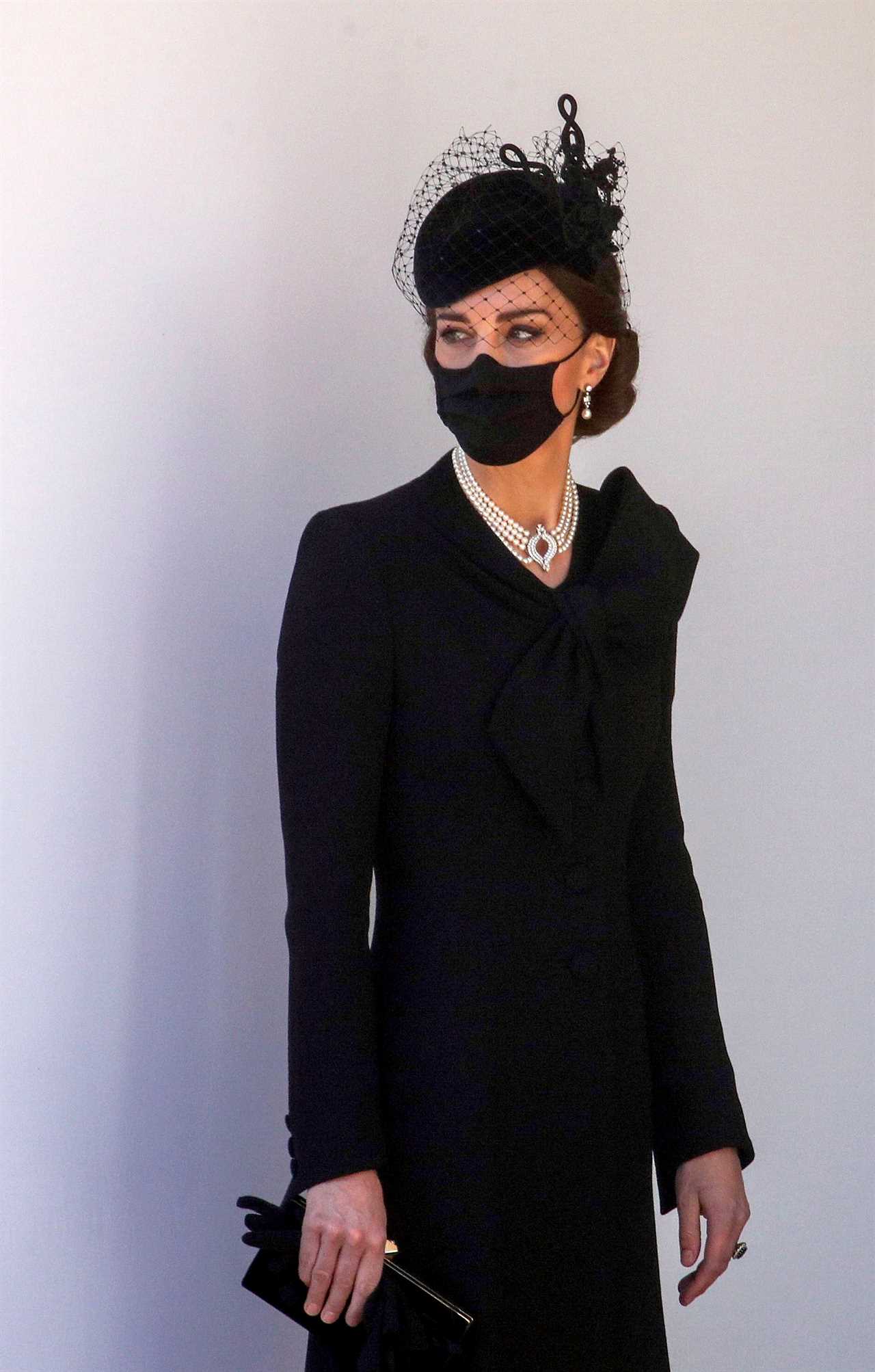
There are only two kinds of royals in this world — the sanguine and the chronically unhappy.
The latter, like Harry and the Duke of Windsor before him, kick and squall against their fate.
They are almost proud of their unhappiness and consider it to be the only rational attitude for an enlightened person.
Then there are those like the Queen and, as is increasingly evident, William and Kate.
This sort of royal sees not what they can’t do but what they can; who perceive that public service is not a prison but a means of liberation from futility and pointless introspection.
In the ten years since their marriage, the Cambridges have rejected self-indulgence and embraced calmness and composure.
One only has to look at Kate’s charming photographs of her children, George, Charlotte and Louis, to see a couple who prioritise values that are both genuine and permanent.
Two boys walked behind the coffin of their mother, Princess Diana, in 1997.
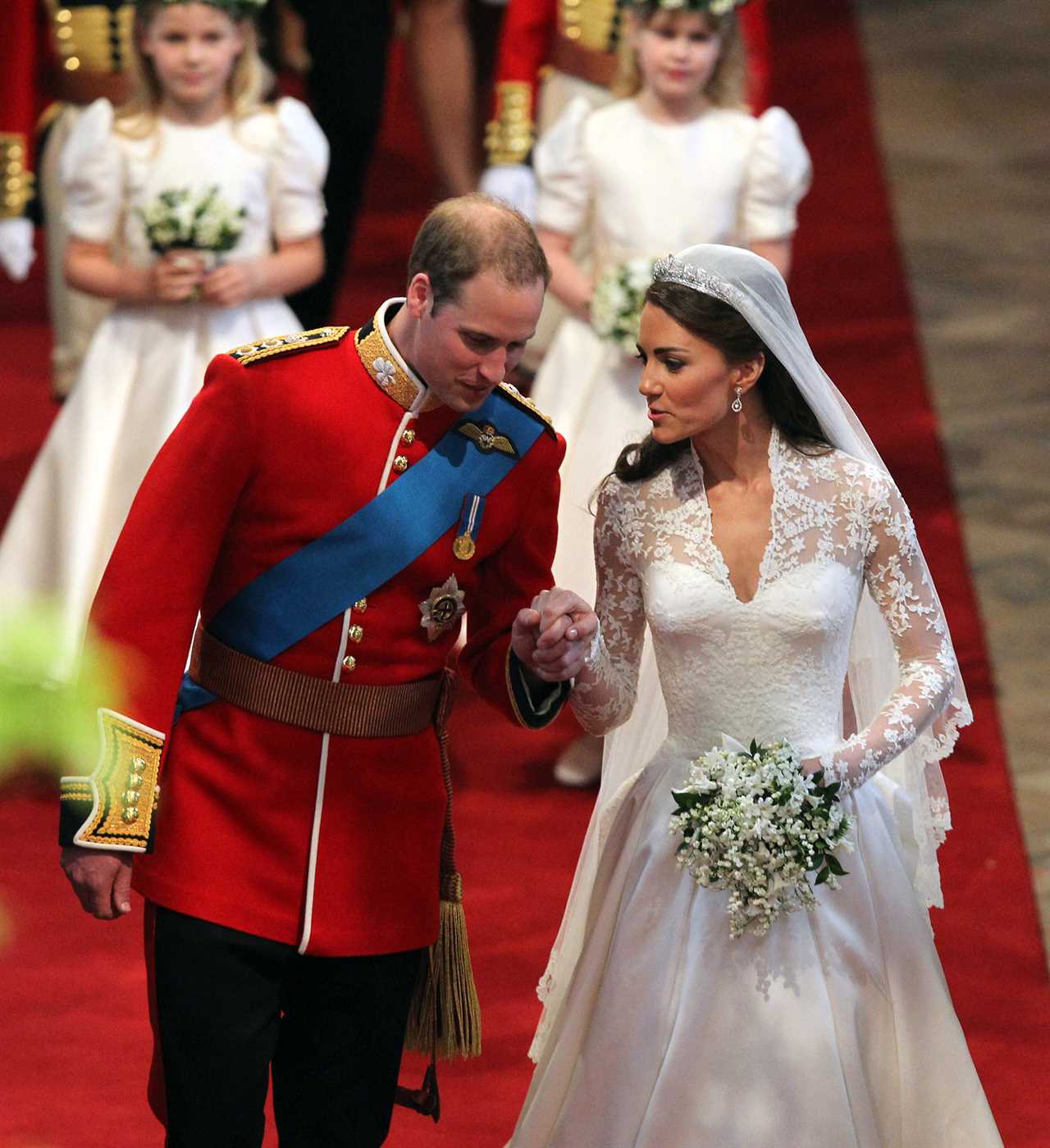
At the time, and in the years after, we often made the mistake of thinking it would be William who had developed an Eeyorish attitude to life.
On occasion, he seemed palpably uneasy in the presence of the media, or performing royal engagements.
Then he went up to St Andrews University, of which he nearly dropped out, annoyed by the attention he was receiving.
For a while, Harry seemed the happy prince, with his mother’s charm and his cheerful derring-do in the Armed Forces.
Then William underwent an irreversible transformation.
Somewhere along the way, shored and ballasted by meeting a pretty girl called Kate Middleton, of solid and uncomplicated middle class background, he looked duty squarely in the eye and decided not to flinch.
Of all the moments in the history of our monarchy, this may prove to be one of the most significant.
For in choosing to save himself, William might be said to have saved the Crown.
Alas, poor Harry went in the opposite direction.
Last month, I predicted in this paper that Harry’s foolish decision to go along with Meghan’s tell-all Oprah plan, and to take a bovine pride in her attempts to paint the Royal Family as a camorra of racists and misfits, would be met by scorn, particularly with regard to any insults levelled at the Duke and Duchess of Cambridge.
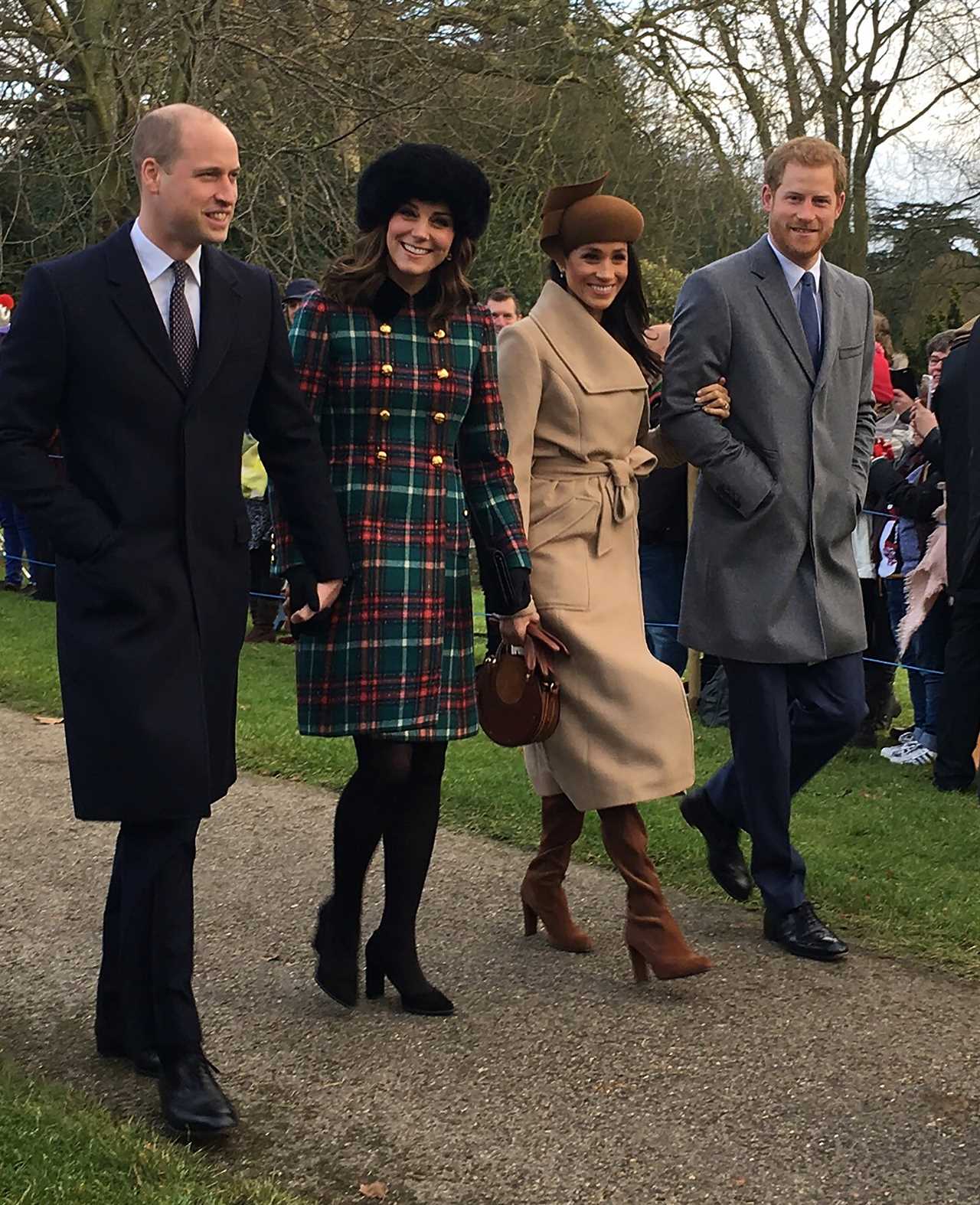
And so it came to pass.
Throw any insult you like at William and Kate, but they always come out smelling as sweet as English roses.
“Catherine,” a friend of the couple once said to me, “not only has beauty, but an unflappable calm which nothing, including Meghan, can destroy.”
It is noteworthy that Kate will become the first English Consort since the 17th Century, when the non-royal Anne Hyde married James Stuart, later King James II. (Queen Elizabeth, the Queen Mother was unapologetically Scottish).
A glance at Anne shows parallels between her and Kate.
Born in 1637 to Edward Hyde, who came from a family of country lawyers, Anne was a radiant, unaffected brunette.
In 1660, she married James despite the opposition of many who deplored her humble birth (including her own father, who threatened to have her executed).
Nonetheless, she was described as having “loveliness, courage and energy almost as worthy of royal blood”.
One might say the same of Kate.
A real beauty like Kate is rarer than a flawless ruby.
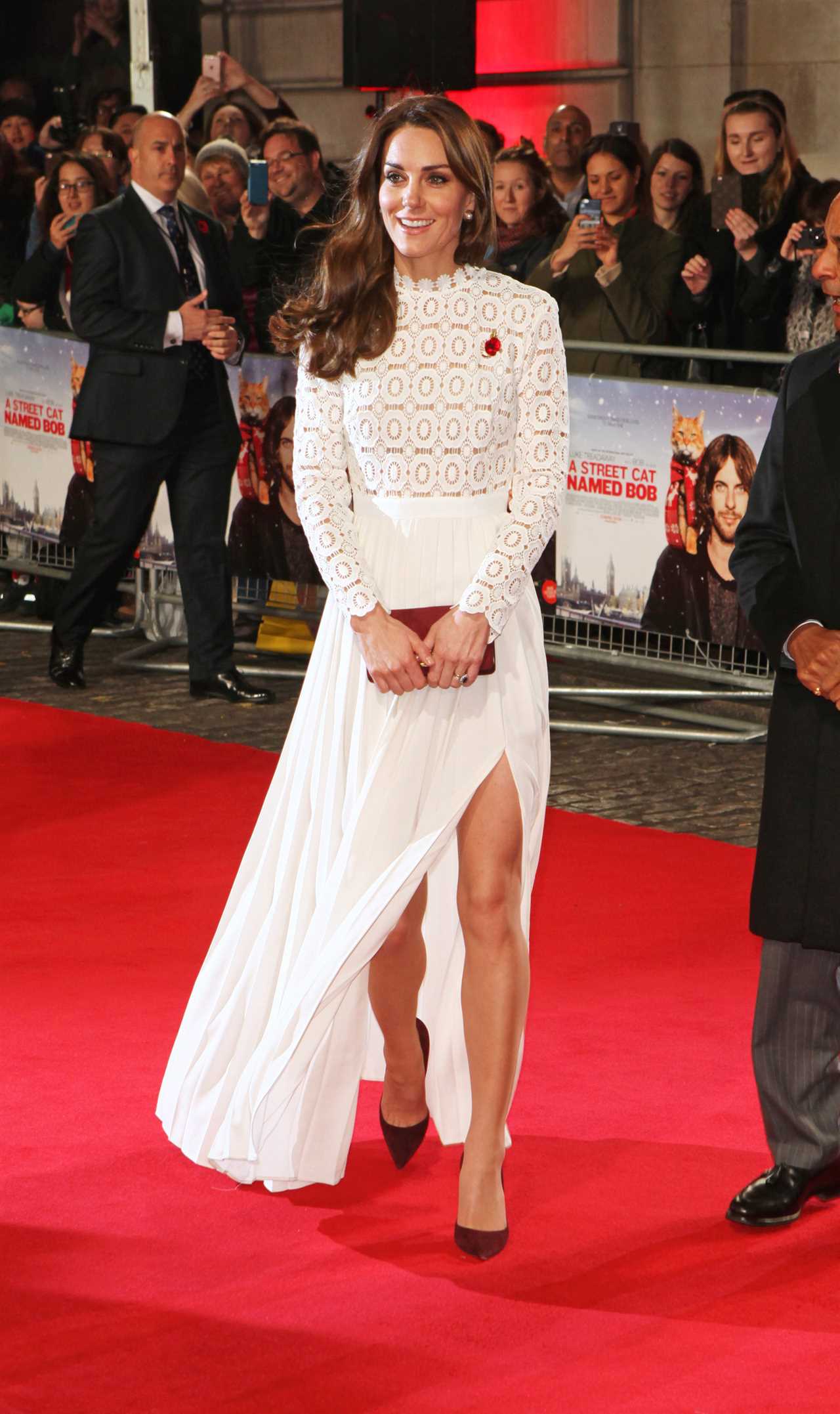
Her chestnut hair seems always lit by the sun’s afterglow, her skin seems saturated by summer mists and her complexion is the envy of dermatologists.
As for her eyes, on the one occasion when I met her, I have never seen brown eyes quite like hers.
Usually they have dull flickerings of grey, but Kate’s are so bright they can look like sapphires.
She dresses simply, but there is always a dash of glamour, whether it is the bow on the coat dress she wore to Philip’s funeral, or the flirty cut of a circle skirt that makes you think of the late Princess Grace.
Our duchess is no dullard, however, clothed only in the sack and ash of discretion and premature middle age.
She is human, and, according to her friends and family, has a warm, mischievous side.
As befits a future queen, Kate has grown-up moments but she is not a figure in a stained glass window.
She knows it is better to sneeze and giggle with her husband, whose love and pride in his wife is plain to see.
Kate gives William confidence, not only because he adores her optimism and the warmth of the Middleton clan, but because she wants him to be happy,” confides another royal insider.
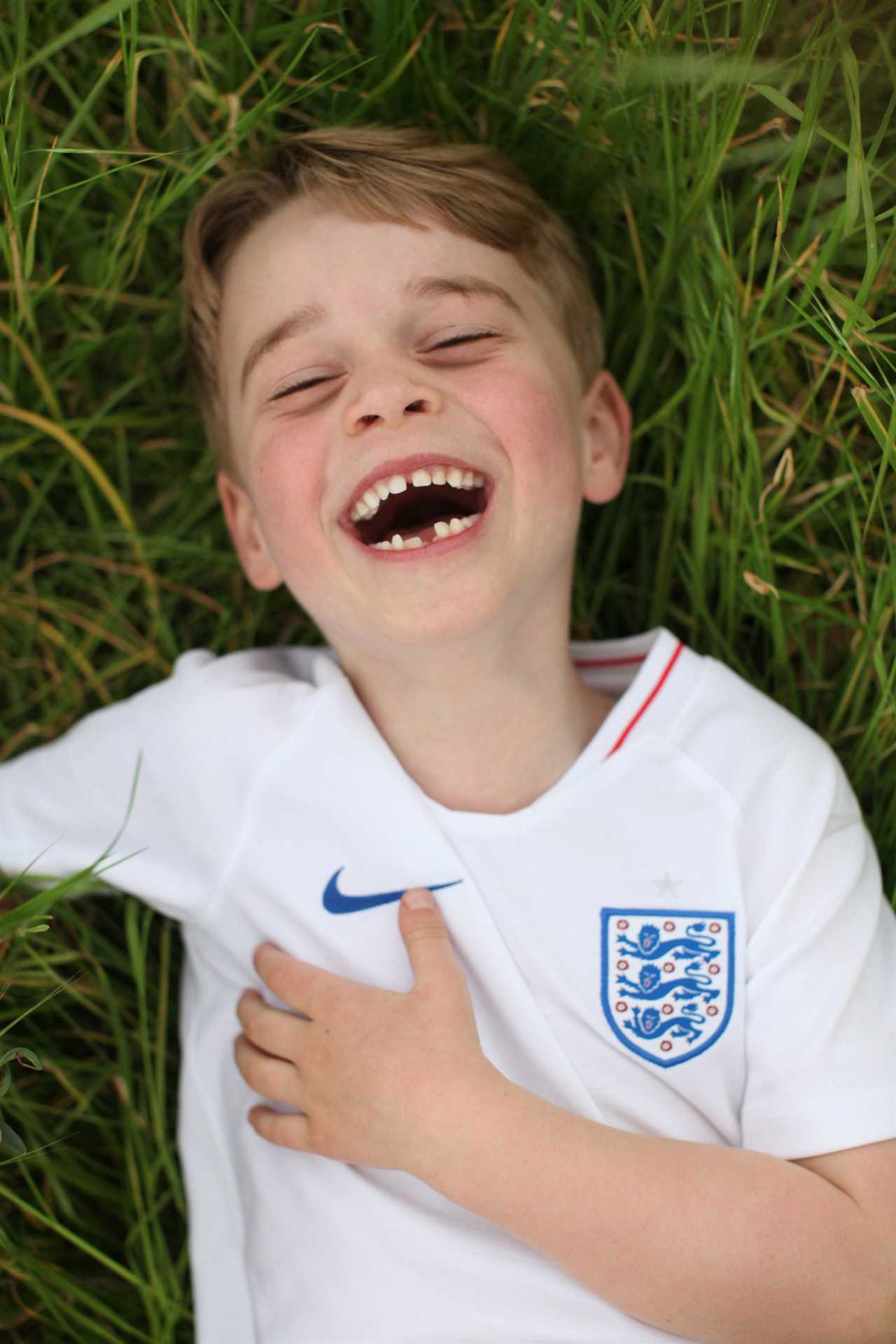
In essence, Kate puts her husband first, and it is significant that the first question she asked during their exchange of marriage vows was “Are you happy?”, in the genuine hope that he was.
Kate, unlike her fractious sister- in-law, has never tried to convince a cheerful William that he is, in fact, miserable.
It was Princess Diana who, in a rare moment of thoughtfulness, urged her sons not to rush into marriage and to ensure that their chosen bride was also their best friend.
William took heed, but when Harry met Megs he got lost in an emotional and sexual maze and dodged the facts.
In any marriage, teamwork is an essential component, and the Duke and Duchess of Cambridge have become more than the sum of their parts.
Meghan’s idea of teamwork is that everyone should work on a team for her, and if they demur she hurls a wrecking ball at her nearest and dearest, or at the very least drags them through the detritus for which she is largely responsible.
It is not surprising that she cannot keep staff or friends, and commands virtually no loyalty except from her husband and a few stooges in the American media.
Kate and William, on the other hand, are a tantrum-free zone. On one occasion, finding all the tables occupied in a pub near their Amner Hall home in Norfolk, the couple laughed and blamed their tardiness.
Thankfully, William has not inherited that male Windsor trait called social awkwardness, something from which George VI suffered and, to a certain extent, Prince Charles.
If William is not the man on the street, he knows what the man or woman on the street thinks and feels, and shares many of their concerns, be it on the subject of sport, education or social equity.
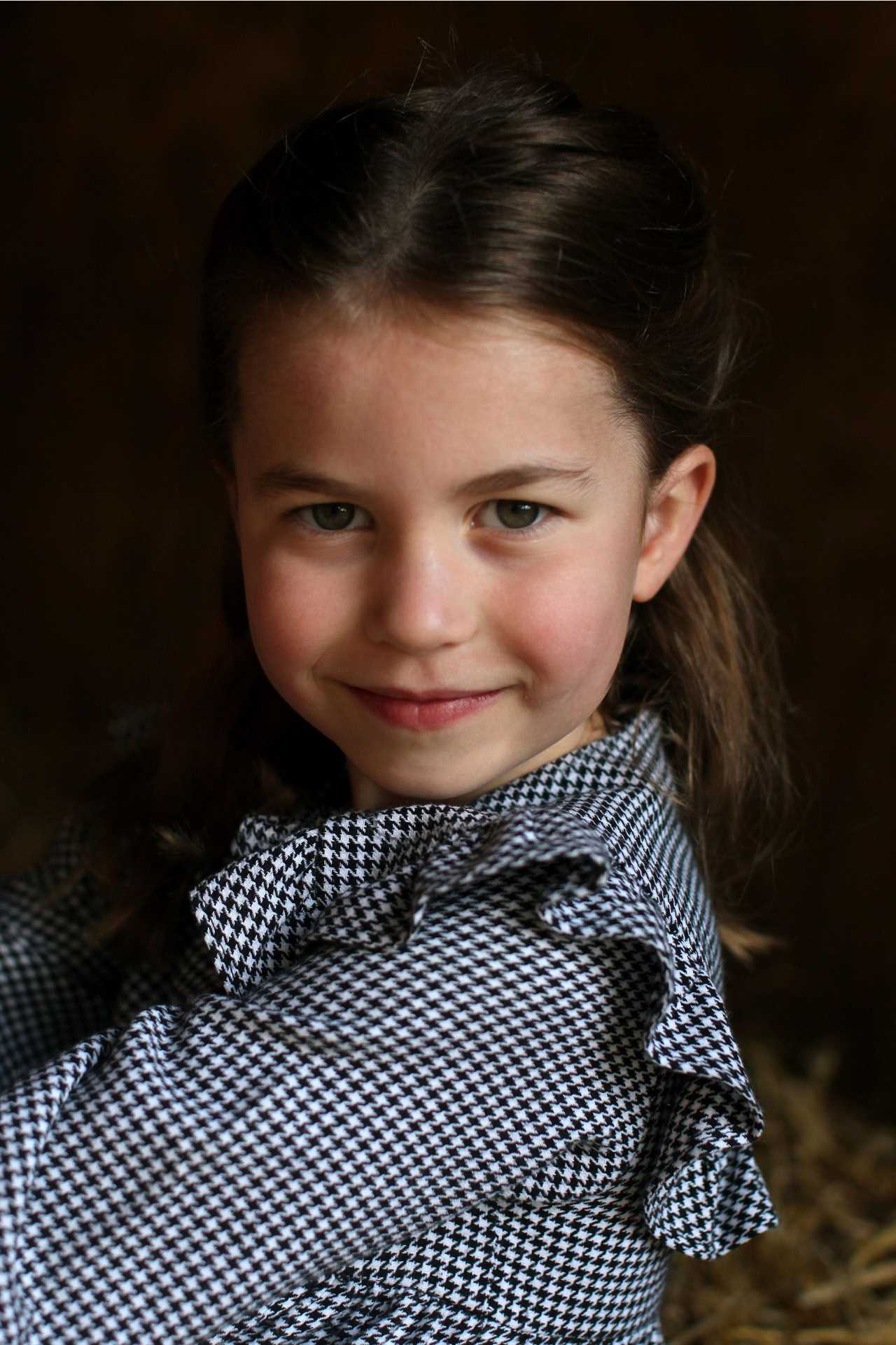
He gets a genuine kick out of helping people, and by embracing his destiny he has freed himself and can look in the mirror every time with the satisfaction of someone whose life has a purpose.
It is ironic that it is Harry, with his empty boasts of “finding freedom”, who resembles a man about to face an executioner’s squad, and that in fleeing “duty” for the backroom brawling of Hollywood, is forever trapped.
The Royal Family, composed as it is of human beings, can throw us some curveballs.
So far in its history, the British nation has overlooked these in the hope of getting something better in the future
The search is over.
In William and Kate, the Windsors have played a blinder.
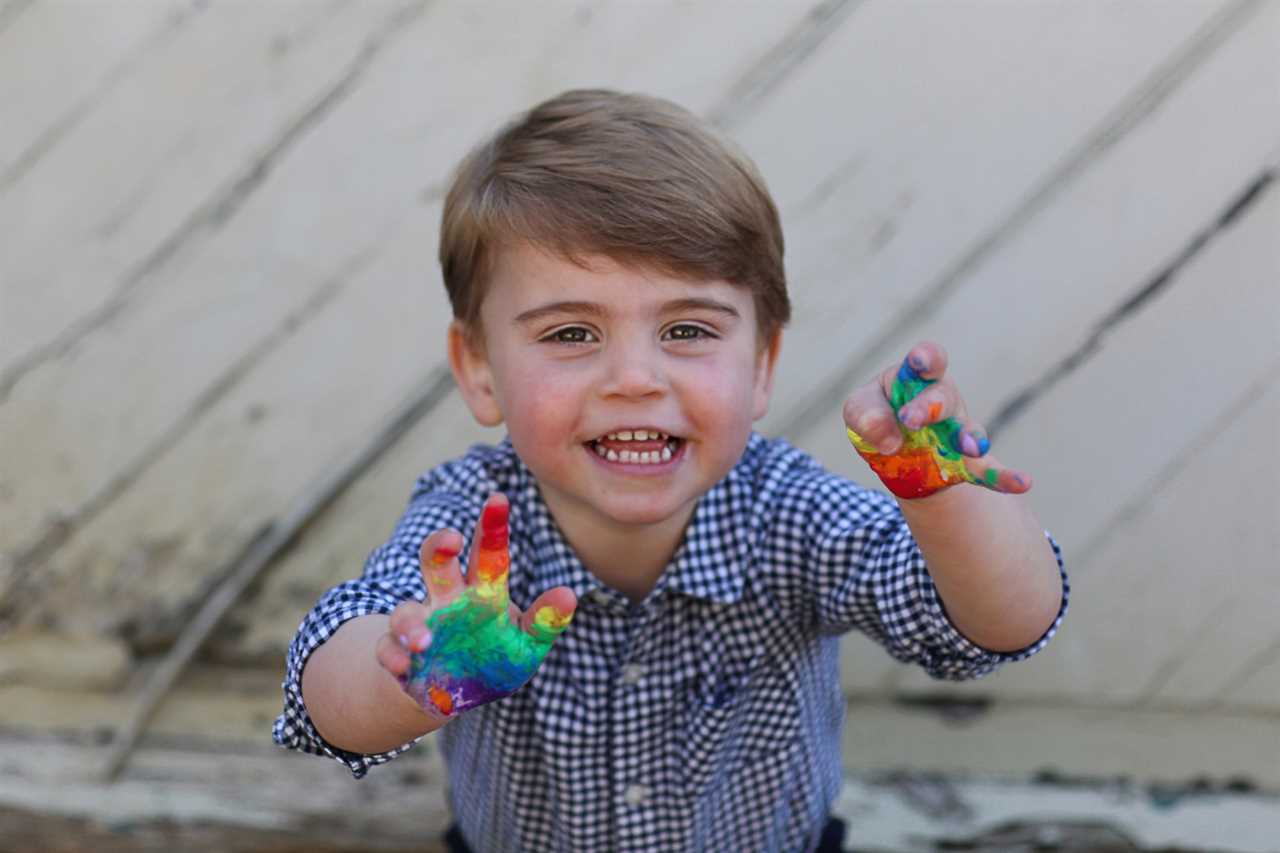
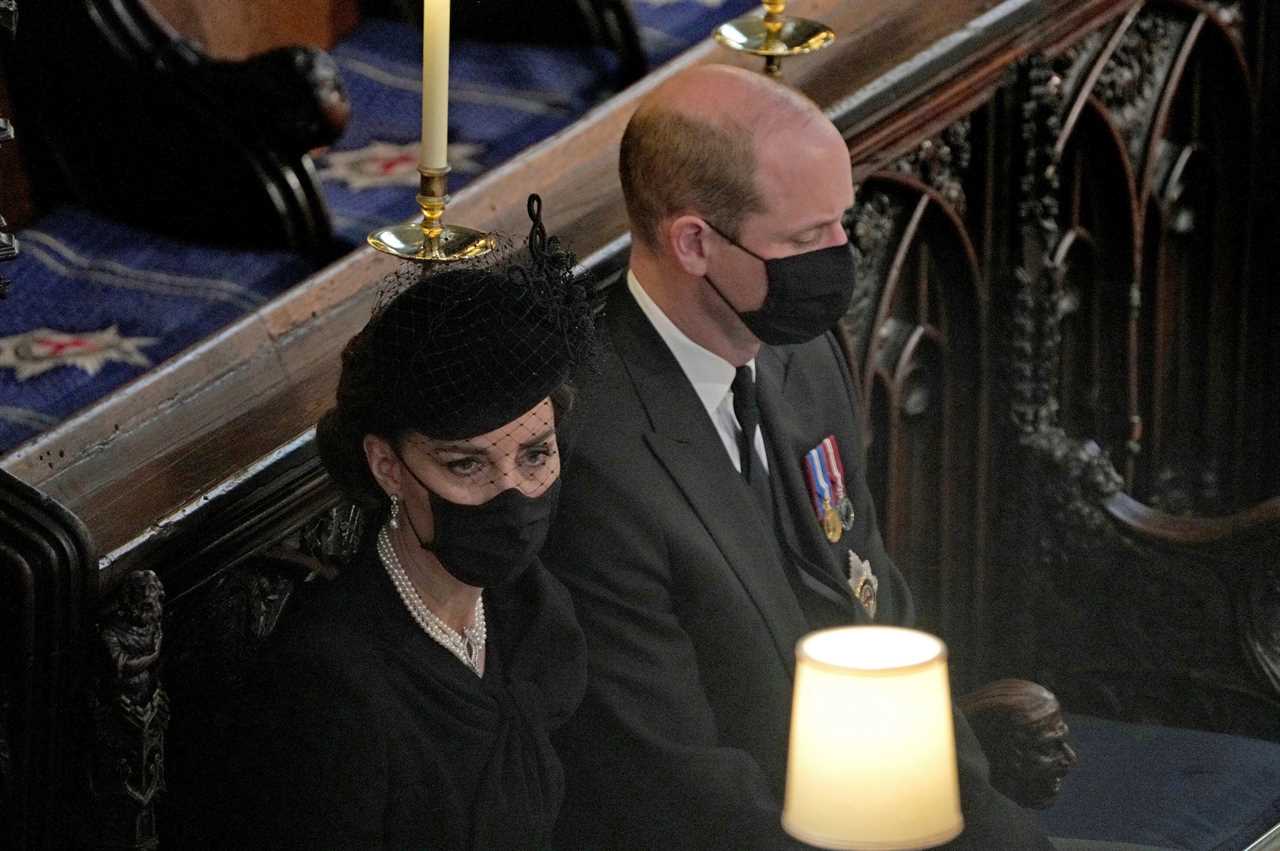
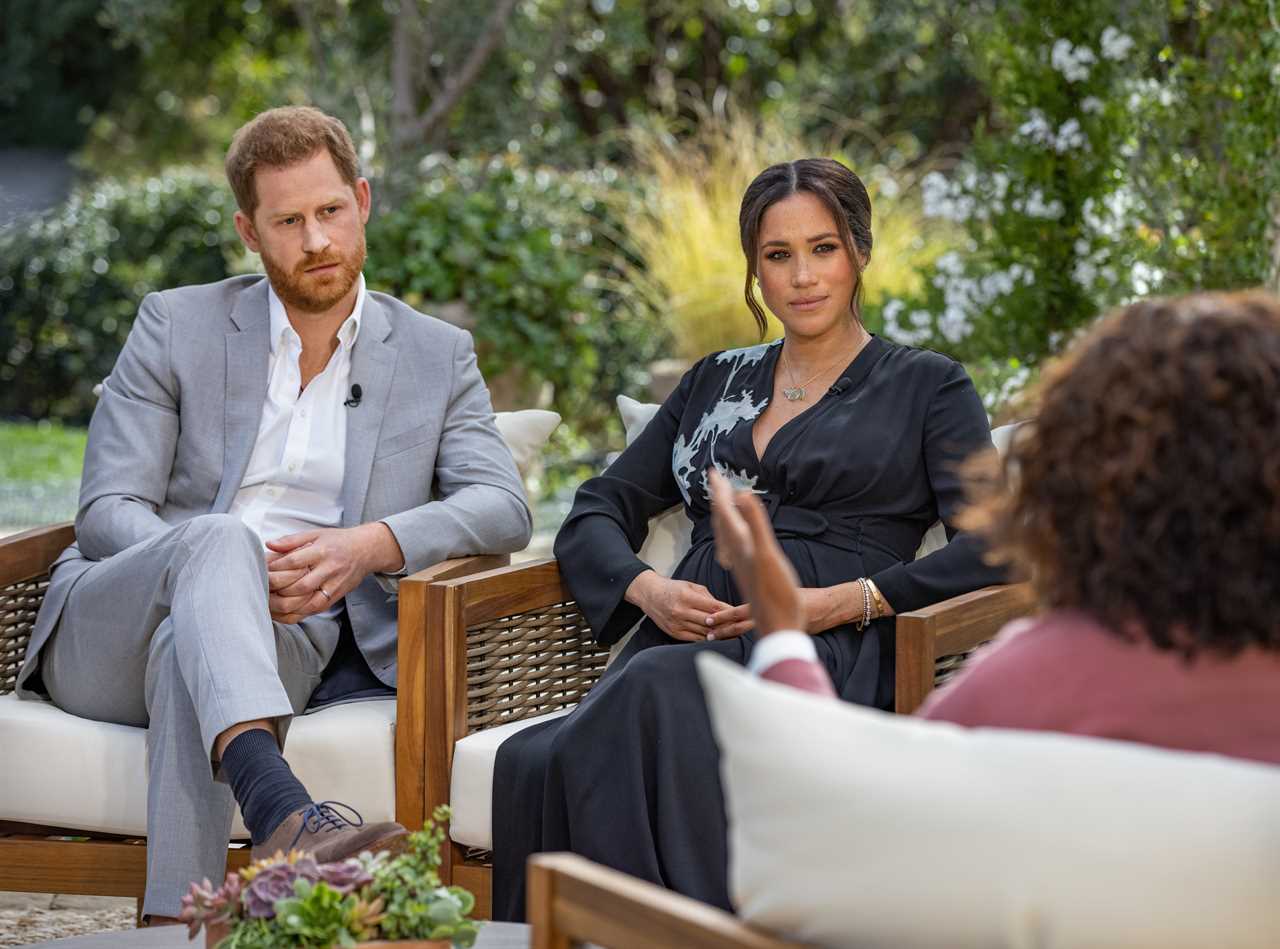
Our future King and Queen have all the optimism of youth and the wisdom of experience.
Moreover, they share the love that springs up when two people have seen the worst of each other as well as the best, the bond that comes from camaraderie and putting others first.
Our nation is safe in their hands.






